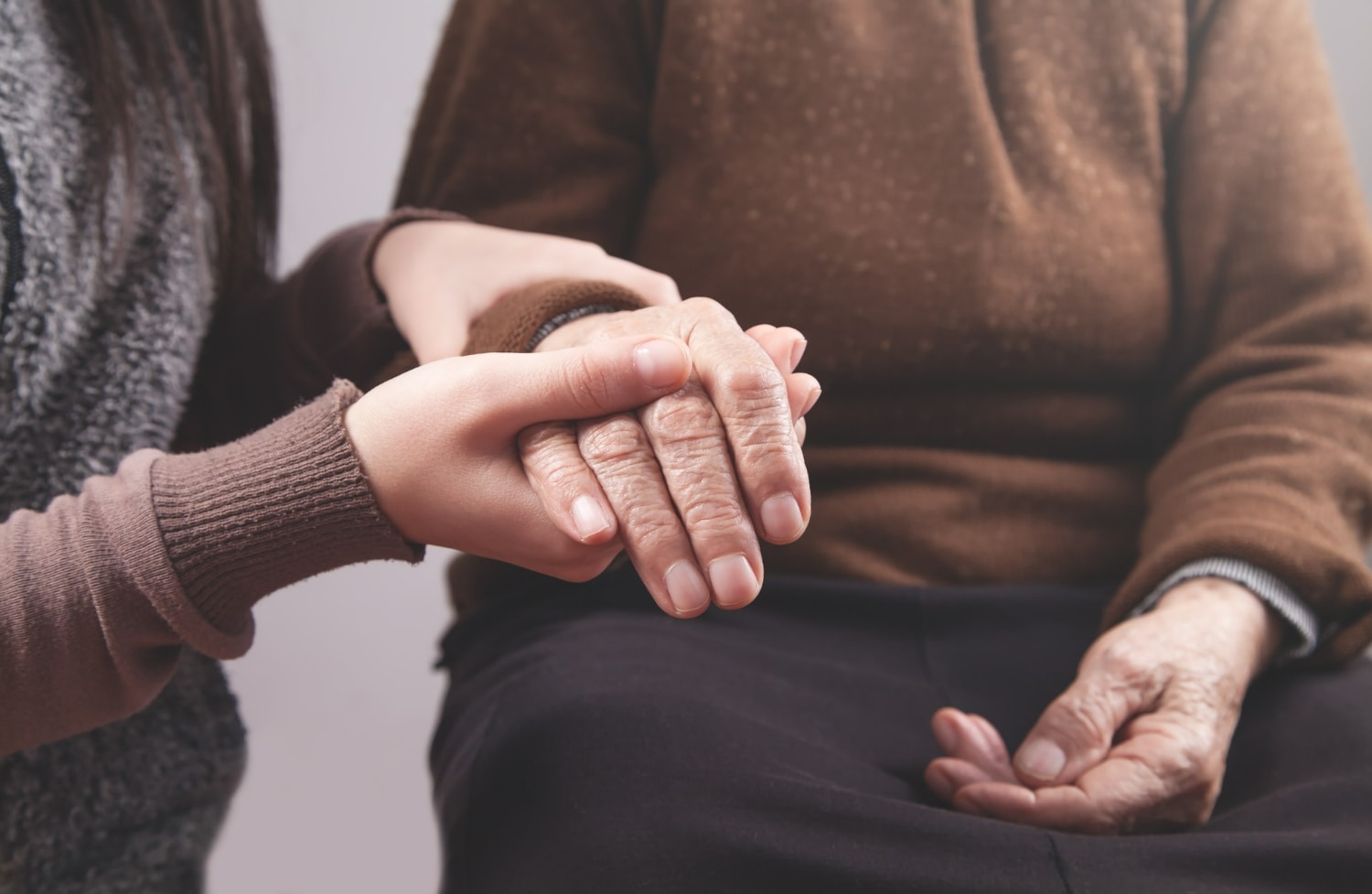
Alzheimer’s disease is a growing concern in the Philippines. According to the National Institute on Aging and the Alzheimer’s Disease Association of the Philippines, an estimated 600,000 Filipinos are living with Alzheimer’s and other related dementias.
This number is expected to rise as the population ages. This neurodegenerative condition affects memory, thinking, and behavior, gradually impacting a person’s ability to perform daily activities.
For Filipino families, supporting a loved one with Alzheimer’s disease means more than just providing health care. Caring for a loved one with Alzheimer’s disease means creating a safe, structured, and calming home environment where they can live with dignity and more freedom for as long as possible.
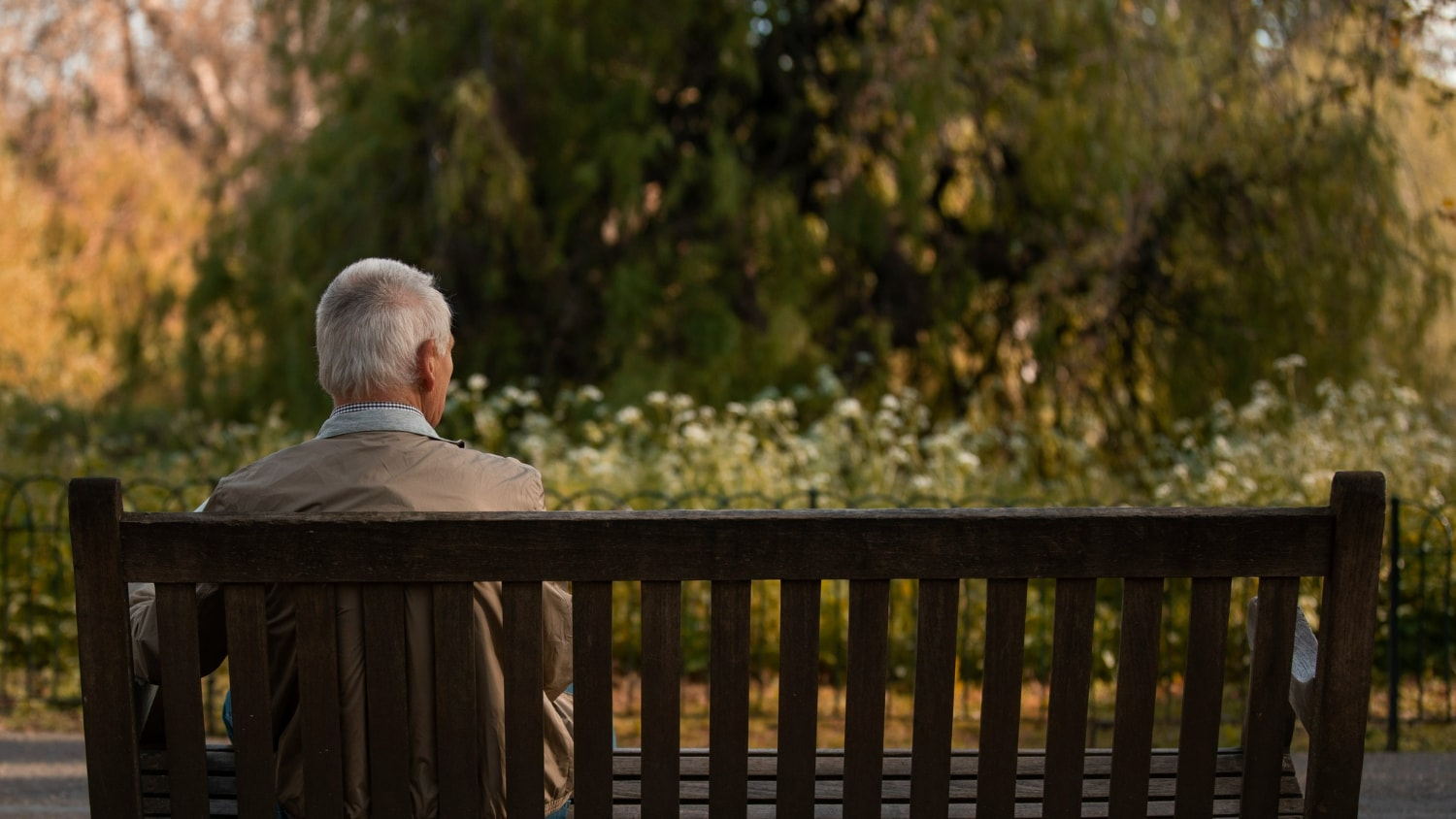
Understanding Alzheimer’s Disease
Alzheimer’s is the most common type of dementia, characterized by the progressive decline of cognitive functions.
As Alzheimer’s disease progresses, a friend or family member with Alzheimer’s may have trouble remembering familiar people, performing daily routines, and even recognizing their home address.
They may also experience disorientation, mood swings, and issues with depth perception, which can increase their risk of accidents.
Because people with dementia can forget how to safely use household appliances, fail to notice safety hazards, or lose their way even in a familiar house, families must adapt their homes to ensure home safety and reduce stress.
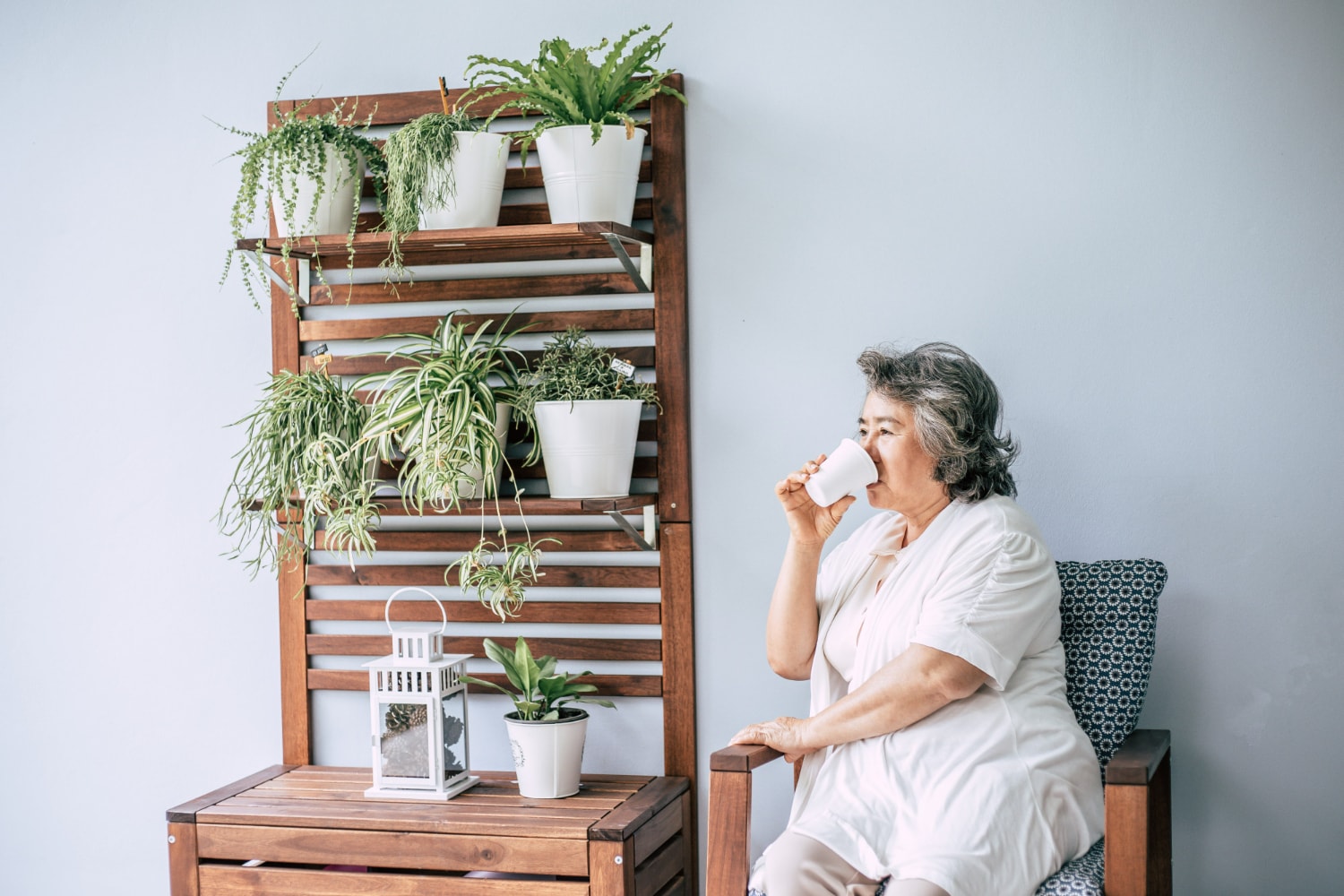
How to Make a Home Safe for Alzheimer’s Patients
Making your house safer for someone with Alzheimer’s is a practical way to prevent falls, injuries, and confusion.
Here are general tips for removing hazards and creating a space that is well-lit, organized, and calming for loved ones with Alzheimer’s disease:
1. Improve Lighting and Visibility
Good lighting is crucial. Use night lights in hallways, bathrooms, and bedrooms so your loved one can find their way easily at night.
Keep light switches easy to access and use bulbs bright enough to avoid tripping on uneven surfaces or throw rugs.
Cover glass doors with decals so they are visible and less likely to cause accidents due to impaired depth perception.
2. Reduce Clutter and Tripping Hazards
Remove clutter, electrical cords, and loose throw rugs that can lead to falls.
Apply safety grip strips on stairs and slippery floors to prevent slipping. Install at least one handrail on stairs and near bathrooms to give additional support.
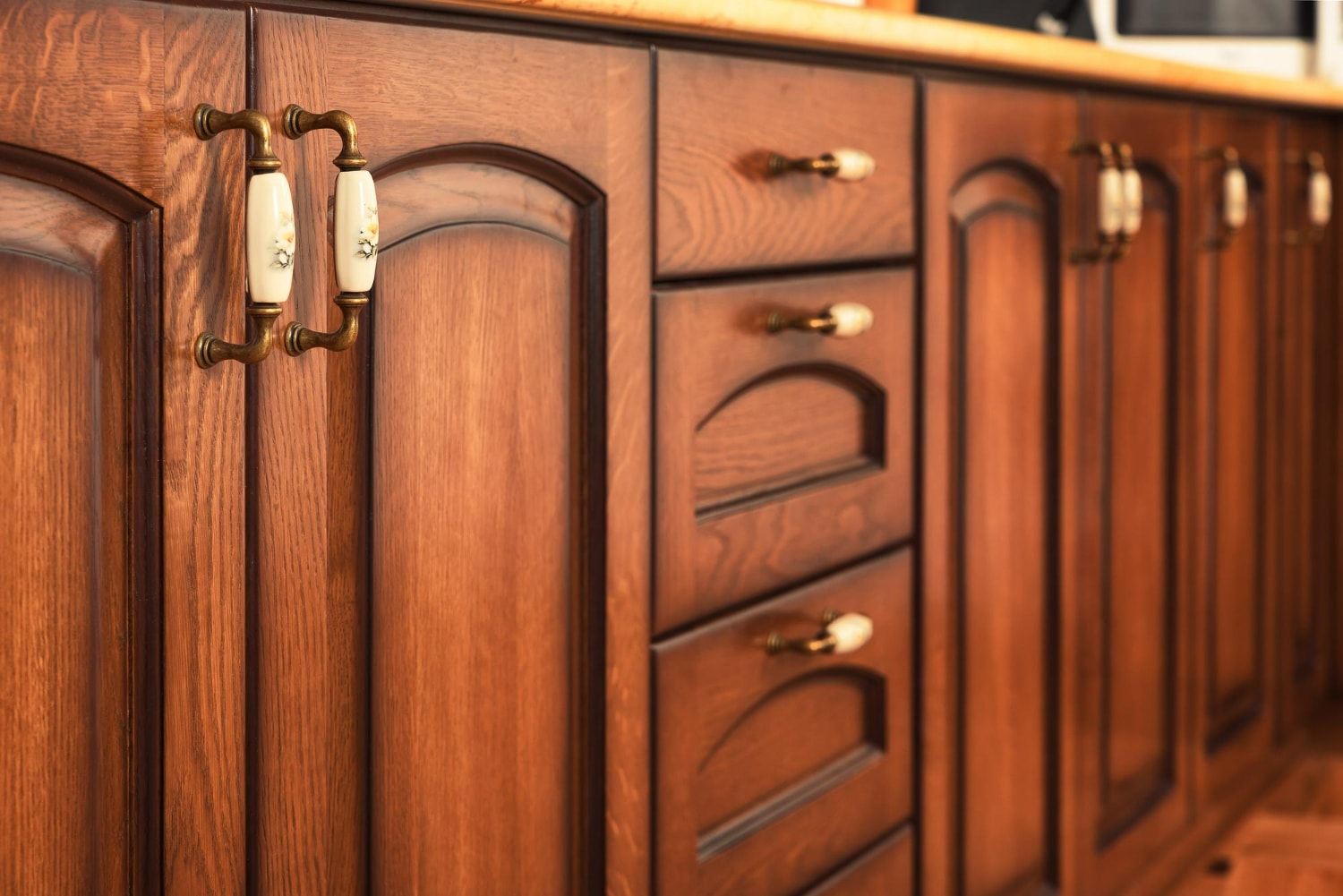
Image source: https://www.freepik.com/premium-photo/wooden-cabinets-drawers-home_99270647.htm#from_element=cross_selling__photo
3. Secure Potentially Dangerous Items
Store cleaning supplies, household cleaning products, paint thinner, knives, and other weapons in a locked cabinet or install safety locks to keep them out of reach. If you have a spare set of keys for the locked cabinets, make sure to keep them tucked away safely.
Keep pet food, garbage disposal switches, and household appliances like space heaters, small electrical appliances, and other appliances safely stored or unplugged after use.
Check the refrigerator frequently to discard spoiled food. Similarly, removing hazards like car keys, dangerous items, and electric blankets can prevent burns or unsafe wandering.
4. Install Safety Devices and Aids
Consider installing safety locks on doors that lead to the outside, basements, or garages. However, remove locks on bathroom doors to avoid accidental lock-ins. If your loved one with Alzheimer’s disease has a room of their own, it’s also a good idea to remove locks from their door. This helps improve home safety as you’re able to get to them faster in the event of an emergency.
Use safety knobs or covers on the stove and cover electrical outlets to avoid shocks and prevent burns. Install smoke alarms, smoke detectors, and have emergency phone numbers and your home address posted near every phone for quick access.
If your house has a swimming pool or open fire area, fence it or keep it securely locked.
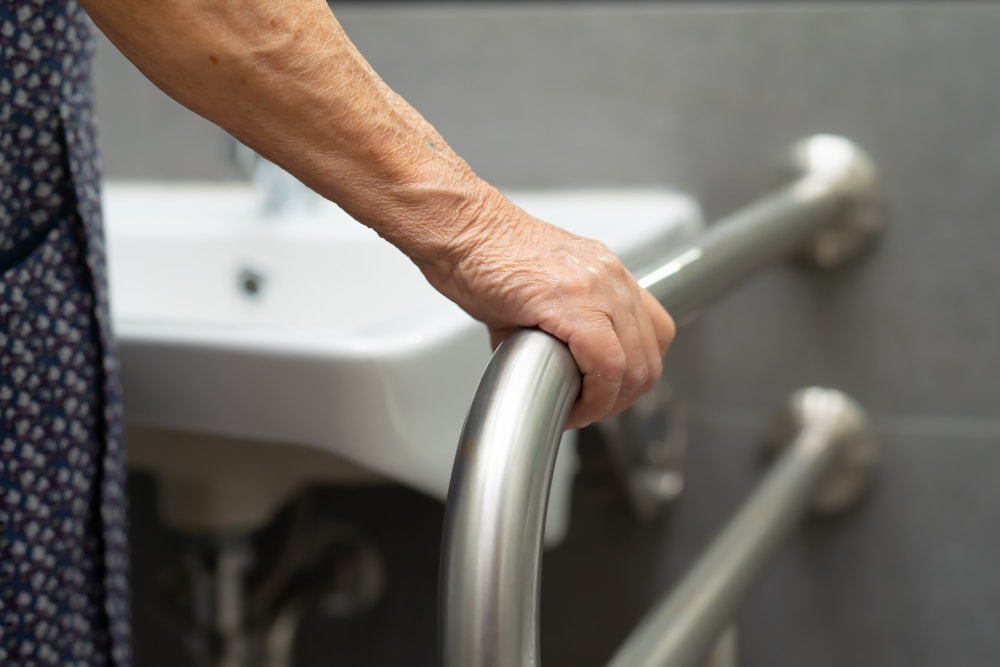
5. Bathroom Safety and Fall Prevention
Bathrooms can be risky areas for people with dementia.
Install grab bars near the toilet and shower, use shower chairs, and consider a raised seat for easier access. Light switches should also be at an easy-to-reach level, so no one would need to strain too far to reach them.
Invest in a water system that mixes hot with cold water but adjust water temperature to cold water first when giving them a batch, or use anti-scald devices that prevent accidental burns when hot and cold water mix unexpectedly.
6. Organize and Simplify the Home
Keep frequently used items (like to-do list reminders, clothes, or personal belongings) in the same place so your loved one can find them easily. Label cabinets and rooms with simple words or pictures to help with navigation.
Store small electrical appliances and extension cords out of sight. Place furniture to allow clear walking paths and avoid tripping.
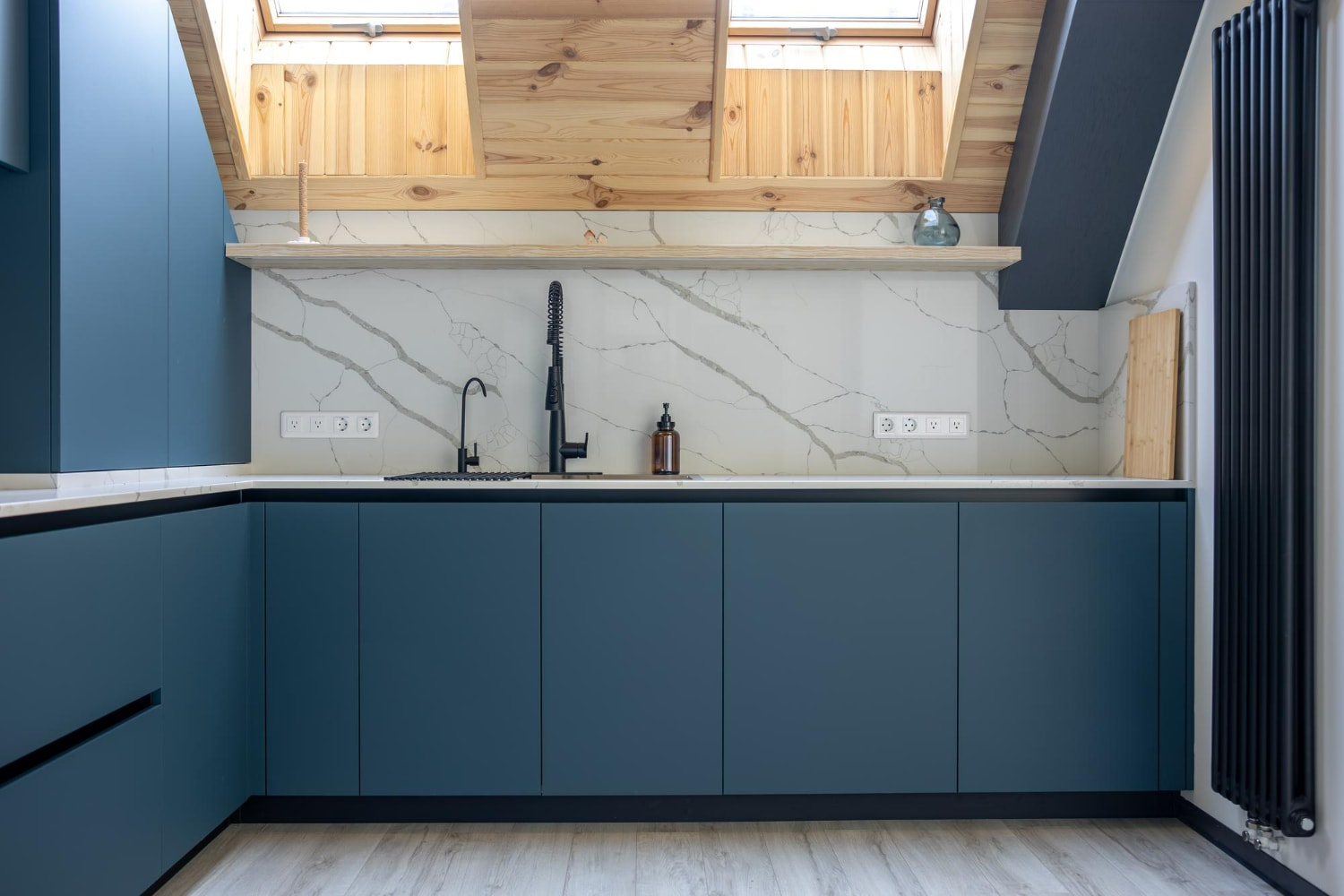
7. Kitchen and Appliance Safety
Use safety devices like automatic shut-off switches for stoves, ovens, and other appliances. Lock away household cleaning products and sharp objects in locked cabinets.
If your loved one has mobility issues, you can also install grab bars by the dining table to help them get up and sit down independently.
Keep garbage disposal switches covered or disconnected to prevent accidents.
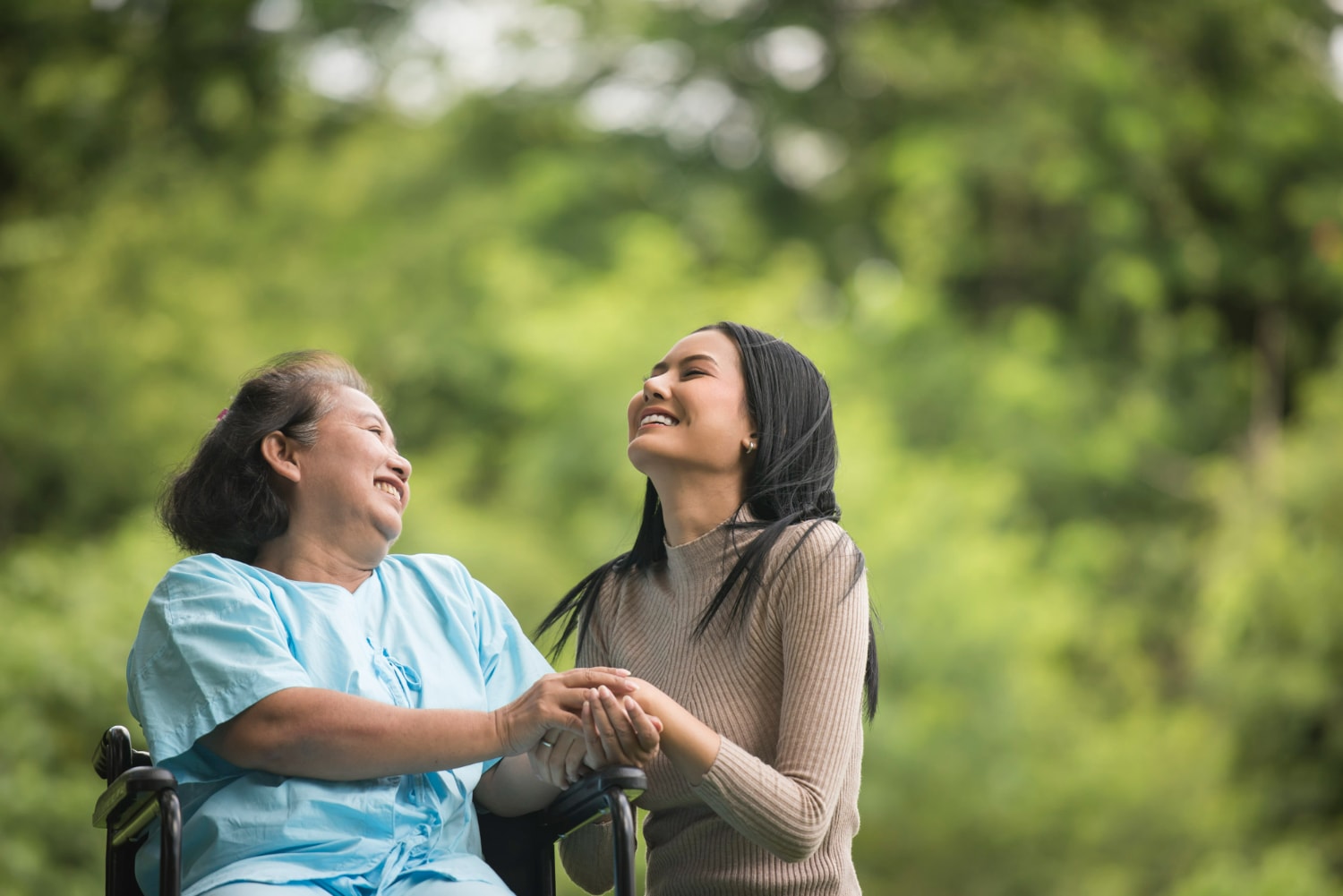
8. Emotional Comfort and Routine
Home safety is not just about removing hazards; it’s also about keeping the house calm and reassuring.
If your loved one has their own room, make sure that everything is in its proper place, since it helps build a routine for your loved one. Think about adding night lights so your loved one can have a light source even in the middle of the night without disrupting their sleep.
A familiar and clutter-free environment helps reduce anxiety for people with dementia. Play soft music, display family photos, ensure every room is well-lit, and keep a predictable daily routine to reduce confusion.
Support Beyond the Home for People With Dementia
Caring for a loved one with Alzheimer’s can be overwhelming. Home safety is crucial for loved ones with Alzheimer’s disease, but you’re not alone. There’s support for both you and your loved one with Alzheimer’s beyond the home.
Support groups, local chapters of the Alzheimer’s Association, and your local police station can offer resources for wandering prevention programs and caregiver assistance.
Professional health care providers can also offer advice on safe living arrangements and assistive safety devices.
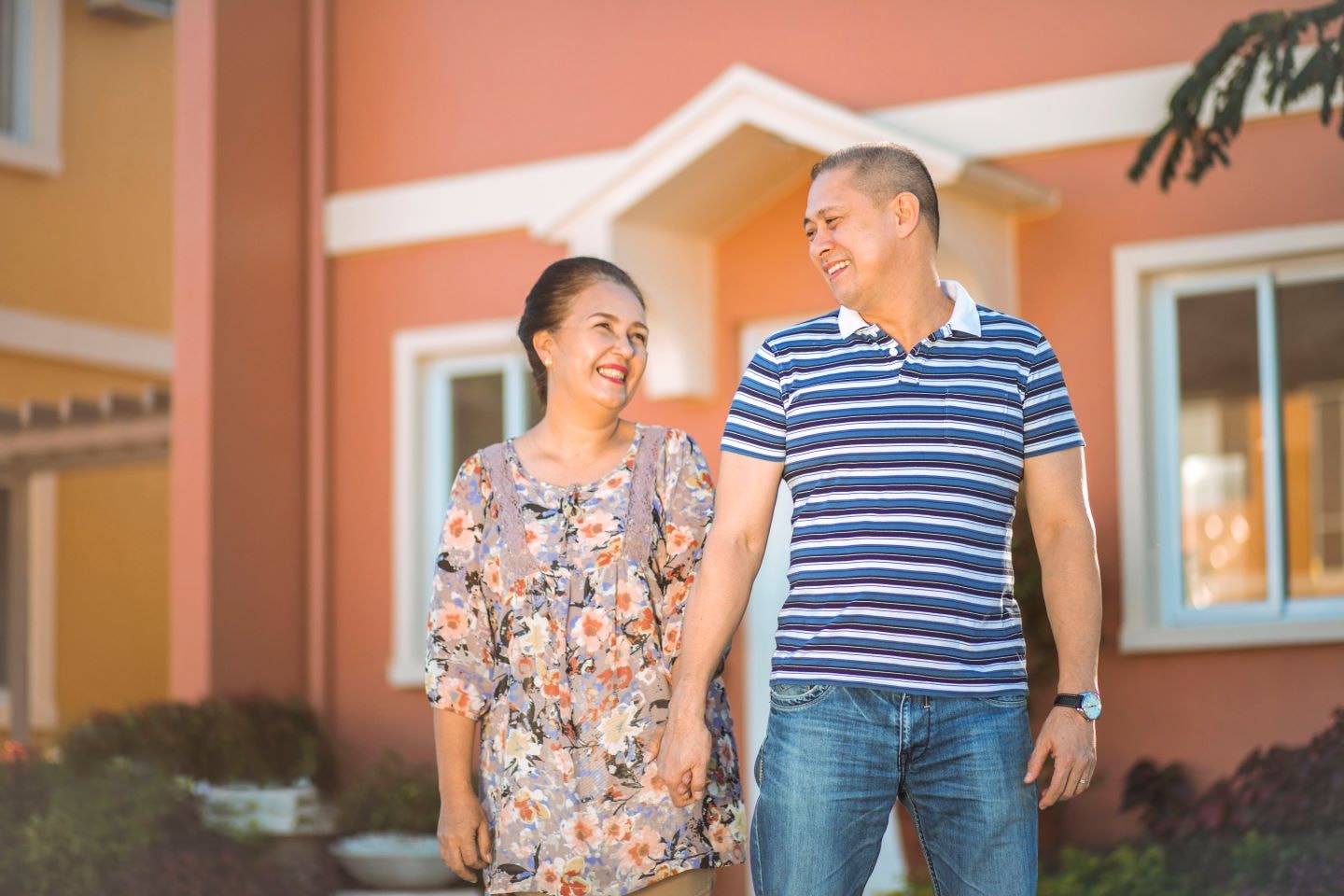
Why Choose Camella for Home Safety
If you are looking for a home that offers enough space for installing safety locks, adding grab bars, and maintaining your home well-lit, Camella communities are an excellent choice.
Camella properties are thoughtfully designed with open spaces, secure layouts, smoke detectors, and customizable features that make it easier to remove clutter, prevent falls, and create a calming, structured space for your loved one.
Outside each home in Camella, you can expect the environment to be free of safety hazards for your loved ones, with or without Alzheimer’s disease.
With well-planned neighborhoods and easy access to essential establishments, Camella helps Filipino families care for their family member with Alzheimer’s while giving them safety, comfort, and peace of mind.
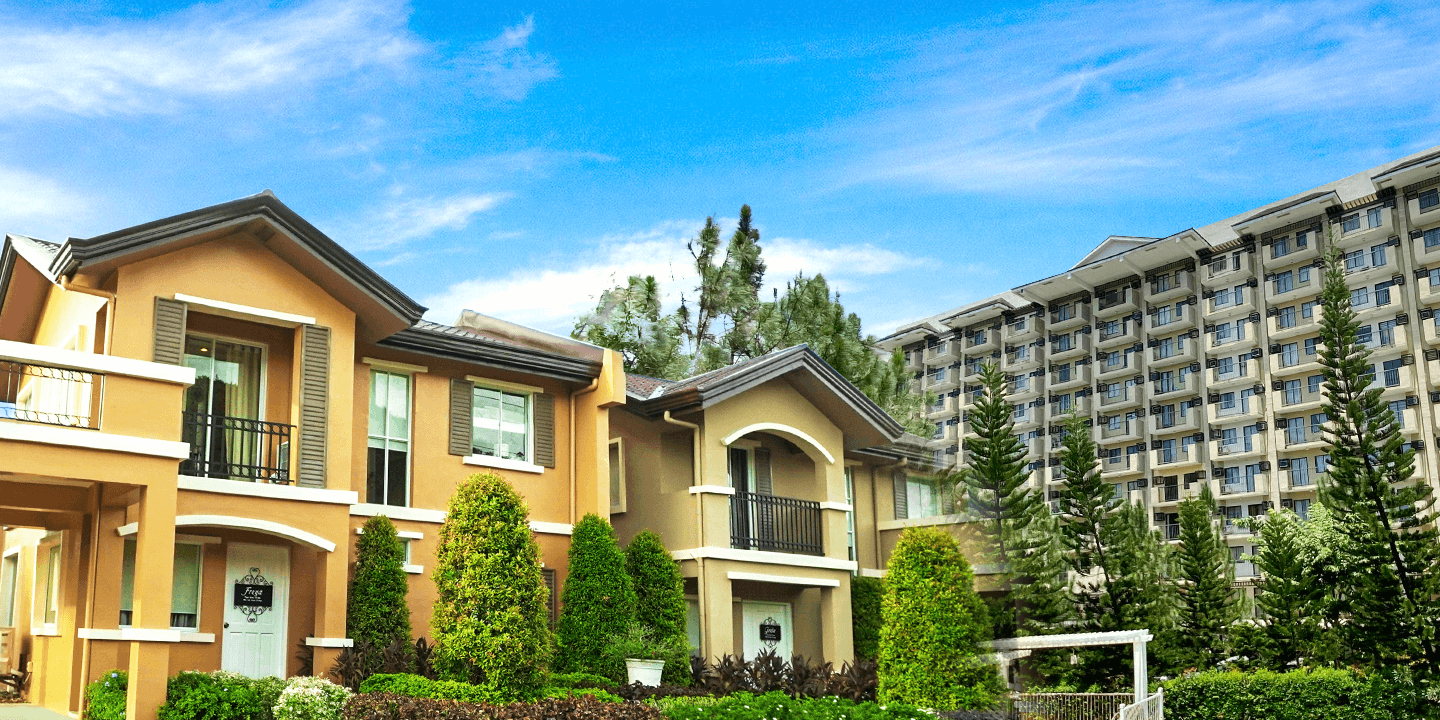
Celebrate Life’s Milestones in Camella!
House and Lot & Condominium for Sale in the Philippines


